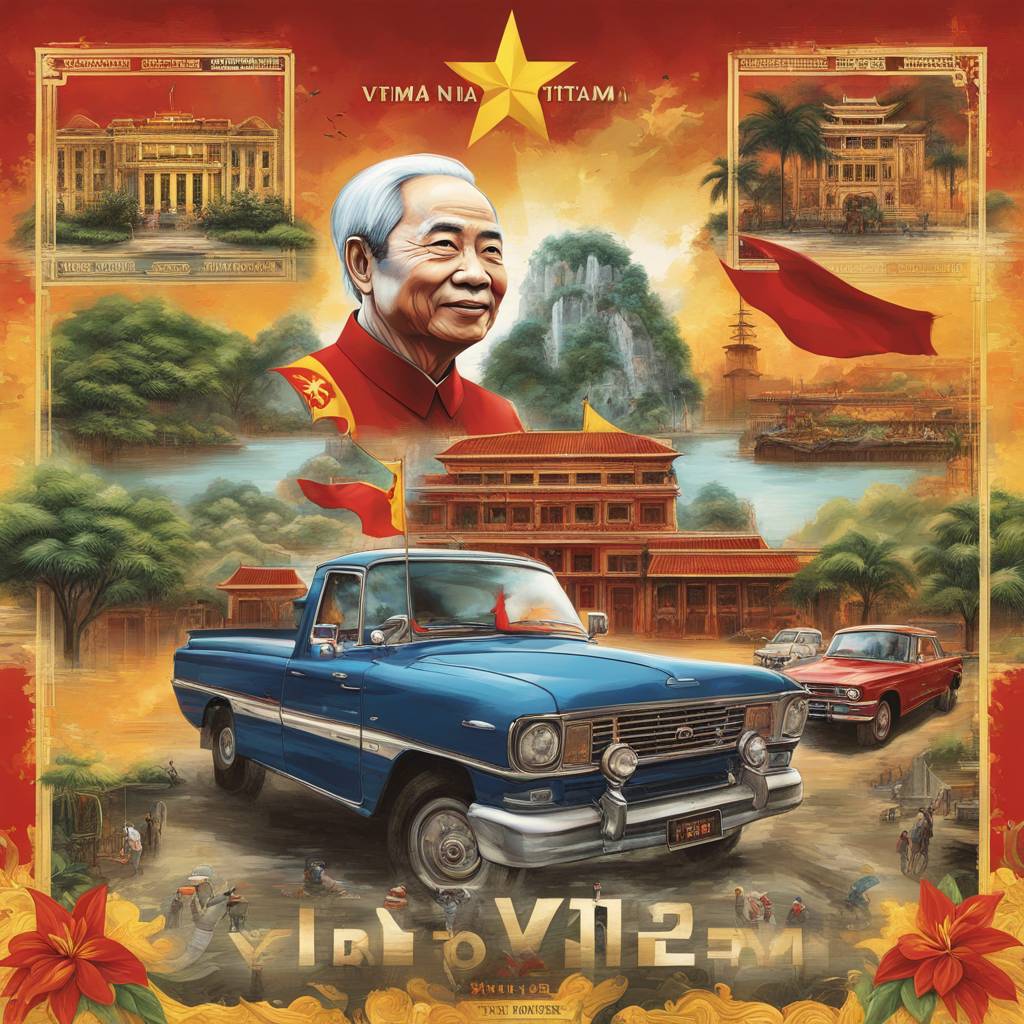unexpected death of his predecessor. The move comes as part of a larger power struggle within the party, with Thuong being accused of “violations and mistakes” during his tenure. While the party’s decision to remove Thuong was unexpected, it reflects a pattern of short presidential terms and frequent turnover within Vietnam’s leadership.
The resignation of Vo Van Thuong highlights the ongoing struggle for power within Vietnam’s ruling Communist Party. Thuong’s tenure was marked by controversy and criticism, with his leadership style coming under fire from within the party. This latest development is likely to further destabilize the country’s political landscape and could lead to further changes in leadership in the near future.
The decision to remove Vo Van Thuong as president is seen as a strategic move by the Communist Party to consolidate its power and maintain control over the country’s political system. While the party has not given specific reasons for Thuong’s dismissal, it is clear that his leadership was not seen as effective or in line with the party’s objectives. The party is now searching for a new president who will be able to steer the country through its ongoing challenges.
Vietnam’s frequent turnover of presidents in recent years is symptomatic of the broader power struggles and factionalism within the ruling Communist Party. The party’s leadership is made up of various factions vying for influence and control, leading to a constant shifting of power within the political elite. This instability is likely to continue as the party seeks to maintain its grip on power amid internal divisions and external pressures.
The resignation of Vo Van Thuong and the search for a new president come at a crucial time for Vietnam, as the country faces a number of challenges on the domestic and international fronts. The new president will have to navigate a complex political landscape while also addressing pressing issues such as economic reform, social unrest, and tensions with neighboring countries. The party’s choice of a new leader will be closely watched both domestically and internationally.
Overall, the forced resignation of Vo Van Thuong and the search for a new president underscore the ongoing power struggles and political instability within Vietnam’s ruling Communist Party. The party’s ability to maintain control and address the country’s challenges will depend on its ability to navigate these internal divisions and select a leader who can effectively lead the country through its current difficulties. The outcome of this leadership transition will have significant implications for Vietnam’s future political landscape and its relations with the international community.



